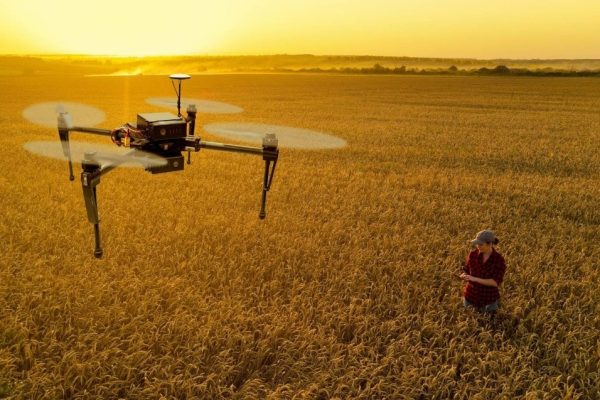On 23rd September 2025, the National Potato Council of Kenya (NPCK) took part in a highly impactful field day event focused on mechanized potato planting. The event, organized by Egerton University under the Kenya Sustainable Potato Initiative (KSPI) project, was held at the Kaimbaga, Olkalou Nyandarua hosted by a potato farmer. Funded by the Alliance for a Green Revolution in Africa (AGRA), the initiative aimed to showcase innovative technologies and best practices in potato production to smallholder farmers.
The field day attracted over 120 farmers from various parts of Nyandarua County. These farmers were given hands-on demonstrations and practical exposure to modern, mechanized methods of potato planting and production. The primary objective of the event was to promote the adoption of efficient and climate-smart agricultural practices that can boost productivity and improve livelihoods.
One of the key highlights of the event was the live demonstration of mechanized potato planting using various advanced farm implements. Farmers were introduced to equipment such as potato planters, ridgers, and sprayers, and were shown how these machines could significantly reduce labor costs, improve planting precision, and ultimately increase yields. The demonstrations provided a clear comparison between traditional manual planting methods and the benefits of mechanization, helping farmers to better appreciate the advantages of modern technology.

Farmers participating in the mechanized potato planting field day in Nyandarua
In addition to mechanized farming, the event featured several breakout sessions and talks on other crucial aspects of potato farming. One notable session focused on Viazi Soko, a digital platform developed by NPCK to improve access to certified seeds, agro-inputs, market information, and extension services. Through Viazi Soko, farmers can connect with input suppliers, enhancing their ability to access quality products and reach profitable markets. Many farmers expressed interest in signing up for the platform, recognizing its potential to transform their farming operations and incomes.
The field day also addressed the safe use of pesticides, an essential topic in modern agriculture where food safety and environmental sustainability are of increasing concern. Experts educated farmers on the correct handling, application, and storage of pesticides to ensure both personal safety and minimal environmental impact. The training also touched on the importance of using registered products and adhering to pre-harvest intervals to ensure that produce reaching the market is safe for consumption.
Soil health was another central theme discussed during the event. Facilitators emphasized the need for regular soil testing, proper crop rotation, and the use of organic and inorganic soil amendments to maintain fertility. Stakeholders such as Safi Organics showcased their innovative organic fertilizer products made from locally available biomass, offering farmers affordable and eco-friendly alternatives to conventional fertilizers.
NPCK, as a key facilitator in the potato sub-sector, used the platform to engage directly with farmers, gather feedback, and understand the challenges they face on the ground. The Council reiterated its commitment to promoting sustainable potato farming through research, stakeholder collaboration, and advocacy for policy reforms that favor smallholder farmers.
In conclusion, the mechanized potato planting field day provided an invaluable learning opportunity for farmers and stakeholders alike. By equipping farmers with the knowledge and tools needed to modernize their farming practices, events like this play a pivotal role in transforming Kenya’s agricultural landscape and enhancing the livelihoods of rural communities.




